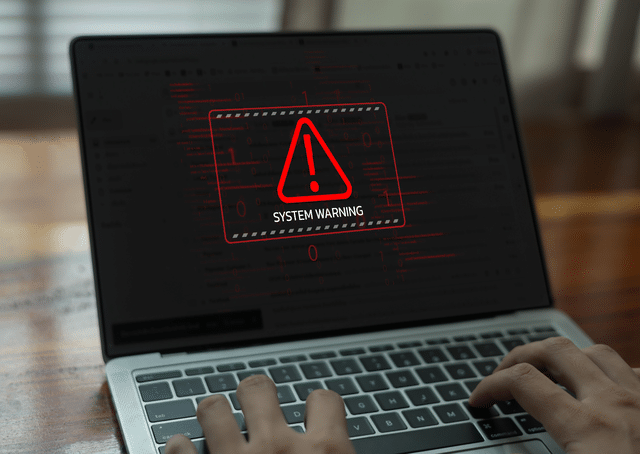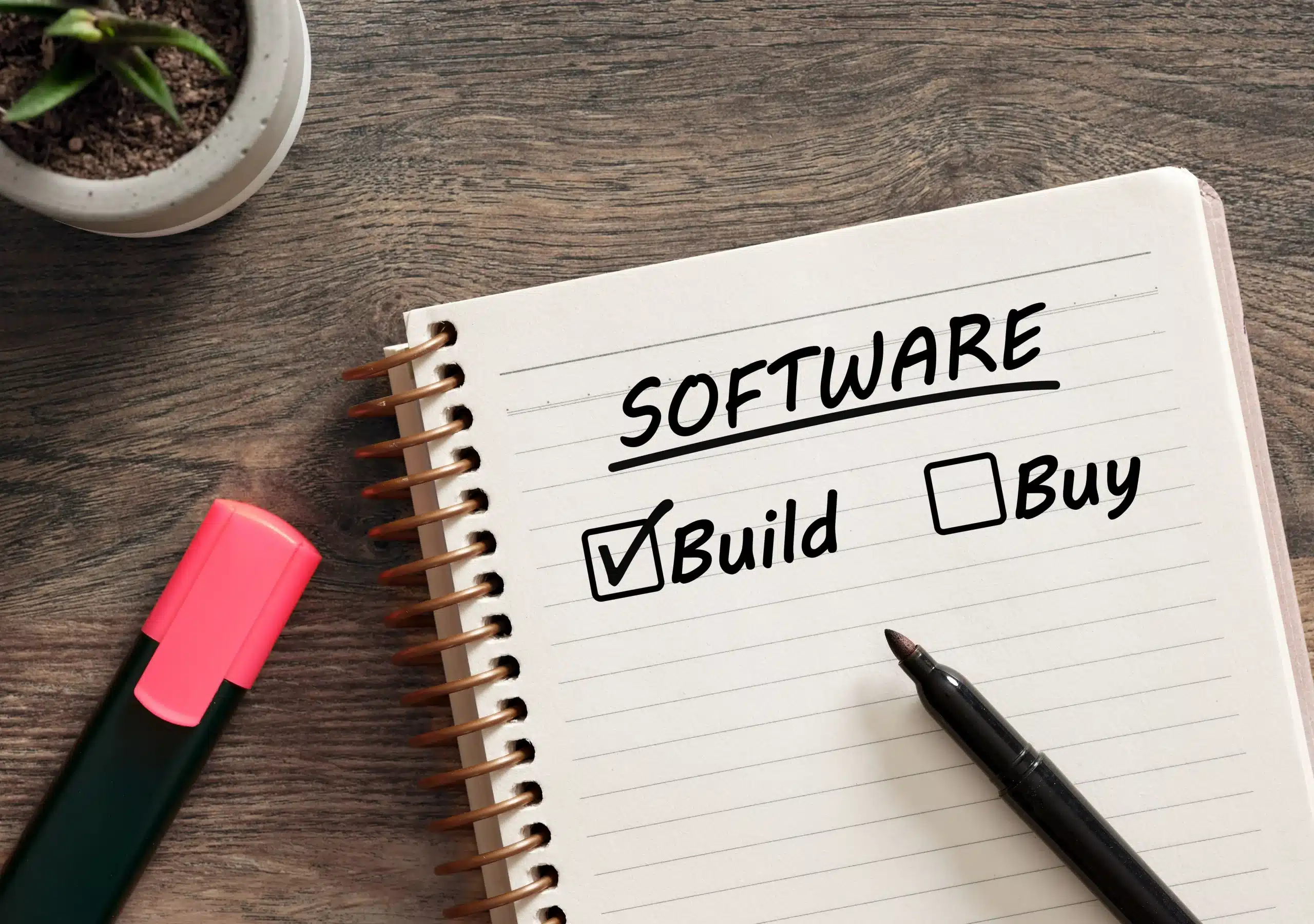Effective patient record management is the foundation for the delivery of high-quality healthcare. Through easily accessible and accurate patient data healthcare providers can guarantee timely and appropriate care.
Patient records were traditionally recorded on paper, but advancements in technology have transformed the way in which patient records are captured and maintained, leading to the widespread adoption of digital patient record management systems, commonly referred to as electronic health records(EHR) and electronic medical records(EMR).
Evolution of Patient Record Management.
The evolution of patient record management can be dated back to ancient times when medical information was recorded on wax tablets and papyrus scrolls, but as time went on, these records moved to paper-based systems. These paper-based systems were time-consuming, often resulted in inaccuracies, and incomplete records, and were vulnerable to loss and damage.
The need to overcome these challenges led to digitising patients records giving rise to electronic patient record systems. These database management software solutions offer a more efficient, accurate, and secure way to manage patient information, facilitating better healthcare delivery and provider coordination.
Since the initial development of this patient record software, technology has advanced even further leading to greater technological innovations, and the increase in advantages of electronic health records implementation.
Key technological innovations
Benefits of technological innovations
- Digital records reduce the risk of errors that occur with manual data entry, ensuring that patient information is accurate and complete, which is critical for making informed medical decisions.
- Access to comprehensive and up-to-date patient records allows healthcare providers to deliver more personalised and effective care, enhancing overall patient care and outcomes.
- Automating administrative tasks reduces the time and effort required for record management, resulting in cost savings while minimising paperwork and storage costs.
- Electronic patient record software is designed to ensure compliance with regulatory requirements, protect patient data, reduce liability risk, and more effectively manage compliance.
Challenges and considerations
- Protecting patient data from breaches and unauthorised access is a significant challenge, robust security measures must be implemented to ensure data privacy and compliance.
- Digital records management software requires substantial investments in technology and infrastructure to integrate well within an organisation and perform optimally.
- In order to maximise the full potential of new digital systems, healthcare professionals must be trained to use them effectively and integrate them into their daily practices.
Patient records management has significantly changed since ancient times with the advancement of technological innovation to not only improve patient care but also how healthcare providers capture and maintain patient data. However, to fully take advantage of these benefits, some challenges, such as data security, implementation costs, and staff training, must be addressed.
Why Choose JustSolve.
JustSolve is a leader in software development, specialising in the development of innovative and secure patient record management systems that ensure the security and integrity of patient medical information. With our extensive experience in healthcare technology, we ensure that our software solutions are tailored to meet the unique needs of each healthcare provider. Our professional team of Solvers is dedicated to delivering high-quality software that enhances patient care, streamlines administrative processes, and ensures compliance with regulatory standards while empowering clients to do more with less.
Book an risk-free consultation with us and choose reliability, innovation, and excellence in patient record management.








